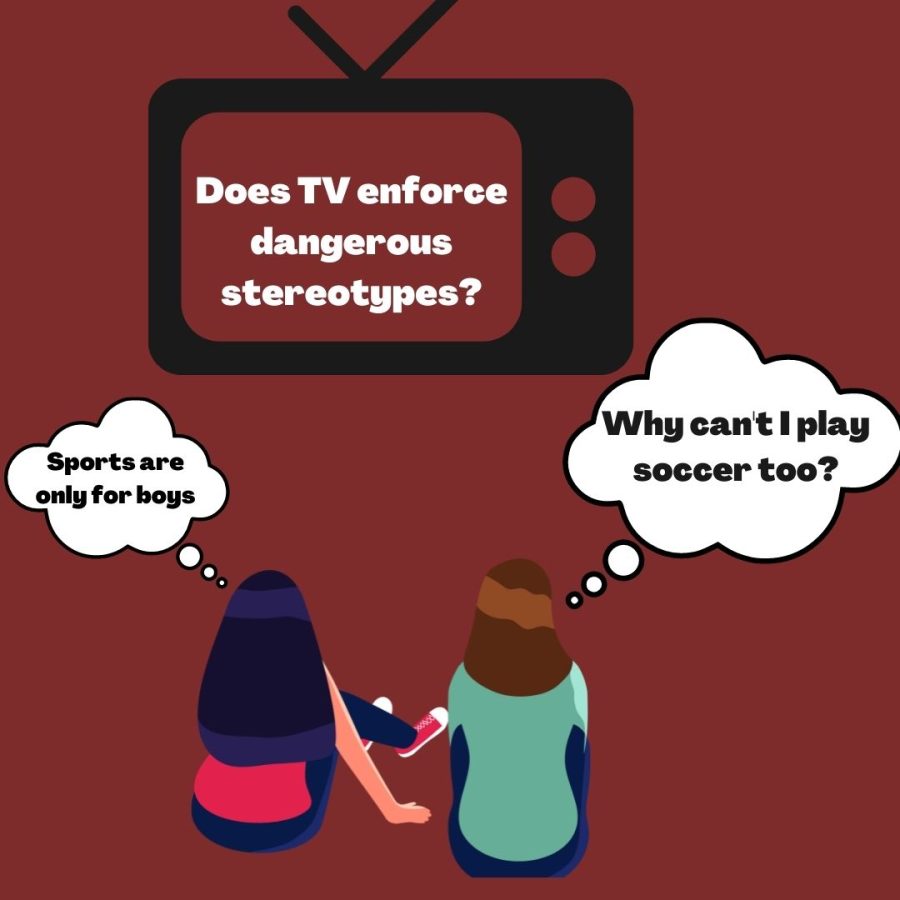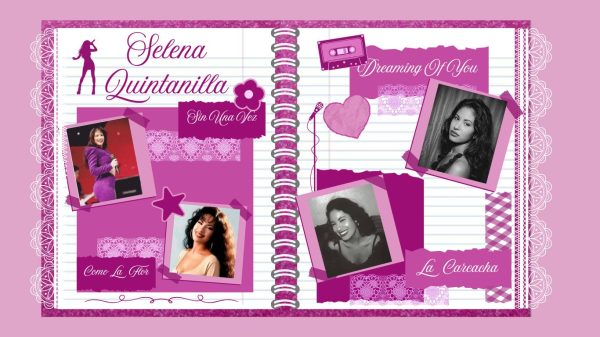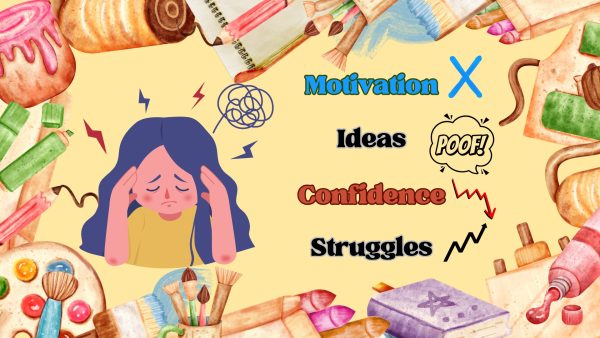Does TV enforce dangerous stereotypes?
Fatima Carrera (created with Canva)
Stereotypes on TV about the roles and attributes of women and men has consequences for their development throughout childhood, adolescence and adulthood.
There are countless tropes and cliches used in films. From the “stereotypical football player” to the “she was beautiful all along,” there are numerous ways that directors and producers have chosen to portray their characters that create an unrealistic pressure or stereotype of a specific gender. The constant use of these stereotypes in films is what circulates the idea that these are actually how men and women operate in the real world.
Television can promote dangerous stereotypes against different ethnicities, regions, and genders, resulting in a negative impact on society.
A stereotype is a set idea that is used to describe a particular type of person or thing that acts or behaves a certain way. Different ethnic groups are heavily prominent stereotypes shown throughout television, marginalizing entire groups of people. The media is a powerful tool for spreading messages throughout the world and it’s important to have an accurate representation of all cultures.
After being asked to give an example of TV portraying an ethnic stereotype, sophomore Jessica Carillo replied, “The most common ethnic stereotype I see is the ‘fiery Latina woman,’ typically being ill-tempered and only speaking Spanish or Spanglish with a thick accent.”
It is unreasonable for an entire group of people to be portrayed as one set of character traits, even though the majority of the time those character traits aren’t even accurate.
All racial groups have been portrayed as a stereotype at one time period or another, and it’s something that everyone should be aware of in order to prevent it from influencing people to have negative thoughts about one another.
However, not only are different ethnic groups marginalized in a certain way; males and females are also stereotyped in TV shows.
When asked what were the most prominent stereotypes about masculinity and femininity she noticed on television, Genesis Perez, the ASSETS Site Coordinator, responded, “I believe in society and in our culture, we tend to spread the narrative that men need to be strong and providers for women and their families, which I often think creates a false idea that women aren’t strong enough and need to be protected and therefore encourages the idea that men are better than women, which is false and leads to more inequality.”
Film and television are capable of shaping behavior, and they play an important part in creating and upholding social norms, including gender norms. A recent study found that gender stereotypes in entertainment are effective in teaching boys and girls how they should act according to their gender identity and what society expects from them. It can also affect their self-esteem, future relationships, career choices, and even their ability to achieve their full potential, which ultimately contributes to perpetuating a cycle of inequality.
The presence of both female and male characters that break with traditional gender roles is essential for young girls and boys to find role models in entertainment and gain a better outlook on their possibilities.
The good news is that gender stereotypes, although deeply rooted in our minds, can be counteracted. But to bring about change, the media must challenge traditional gender roles, increase the visibility of female characters, and include more women in the content creation process. Additionally, we must also do our part—especially in front of children and adolescents—and recognize the characters that defy gender norms, praise the protagonists for what they do and not for their appearance, and point out when female characters occupy their rightful place on equal terms. Only then, perhaps, will gender parity in film and television become a real-life story.






































